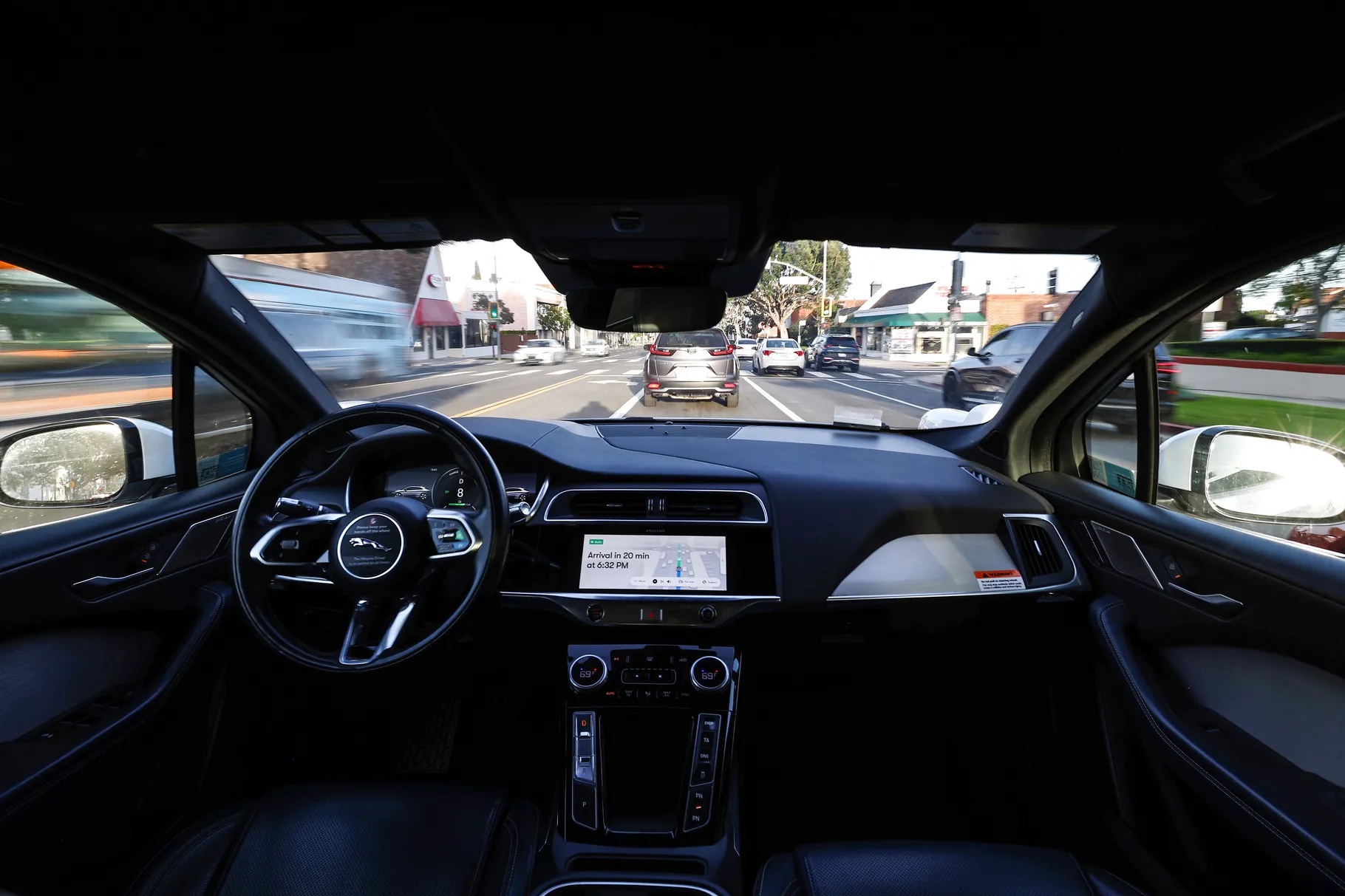The automobile was one of the most transformative technologies of the 20th century. The invention of the internal combustion engine reshaped agriculture, personal transportation, and supply chains. It made suburban living possible, altered the design of cities, and drove the demand for fossil fuels. It also gave rise to some of the world’s largest and most influential companies. Now, as we stand on the cusp of reinventing this cornerstone technology, it’s clear that the potential of self-driving cars is immense, though not fully understood by the public or the media.
Self-driving technology, if scaled successfully, could reshape society in ways as profound as the original automobile revolution. However, the full magnitude of this transformation is often underreported. The technology itself, the industries it could disrupt, and the broader implications for daily life are often overlooked in discussions of autonomous vehicles.
The rise of self-driving cars promises to have far-reaching effects on transportation, urban planning, and even the structure of work and labor. Autonomous vehicles could redefine how we think about mobility, from reducing traffic accidents and congestion to reshaping the nature of personal and commercial transportation. Industries like insurance, logistics, and urban development could undergo massive disruptions as the need for human drivers diminishes and the economic landscape shifts toward a new model centered around automation.
While it’s easy to focus on the technical challenges of self-driving cars—such as perfecting artificial intelligence and ensuring safety—the broader social and economic consequences are just as important. As self-driving technology advances, it may ultimately have a greater impact than any innovation we’ve seen in transportation since the invention of the automobile itself.
By Impact Lab


